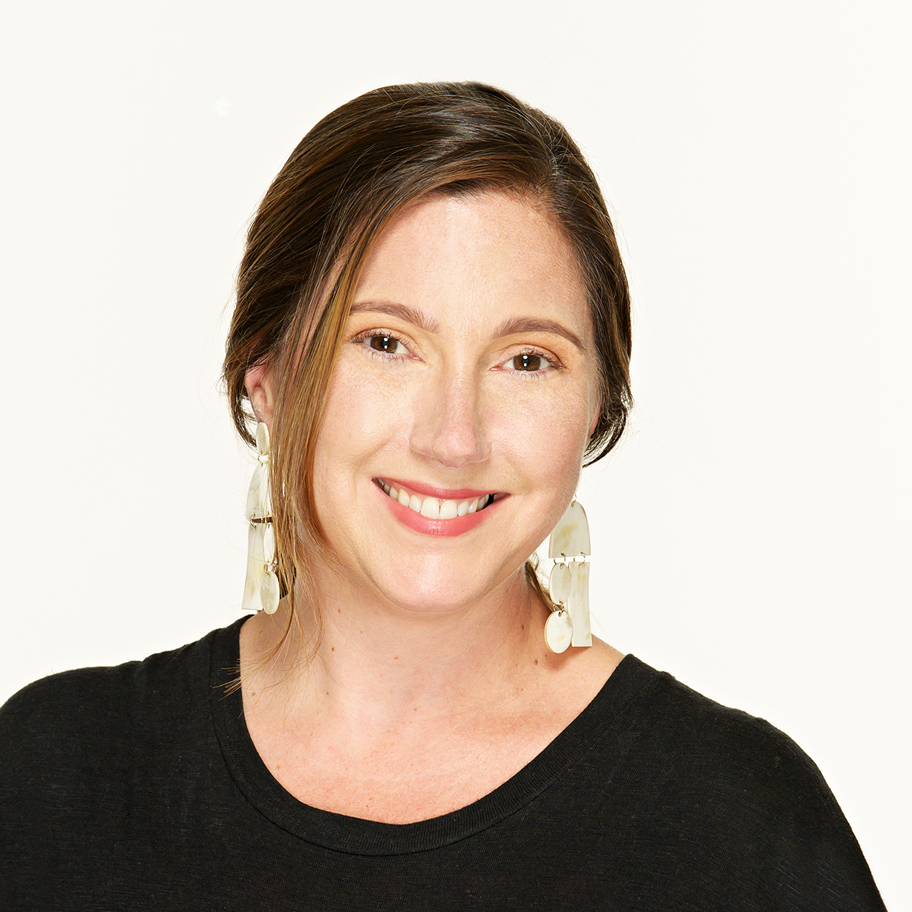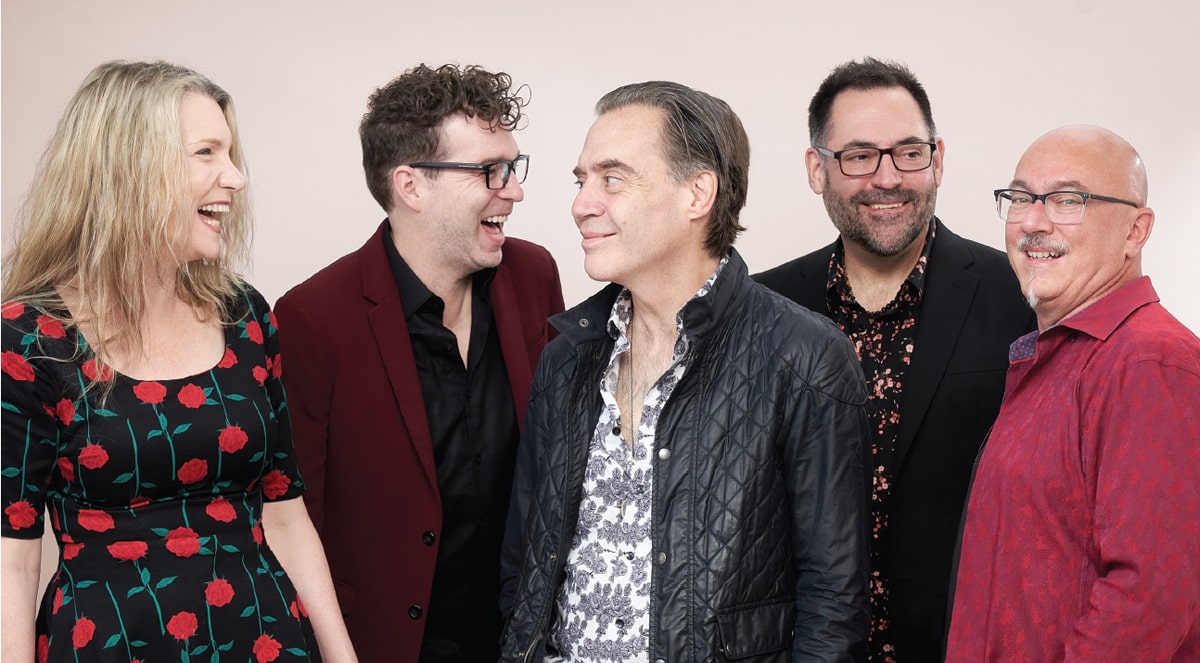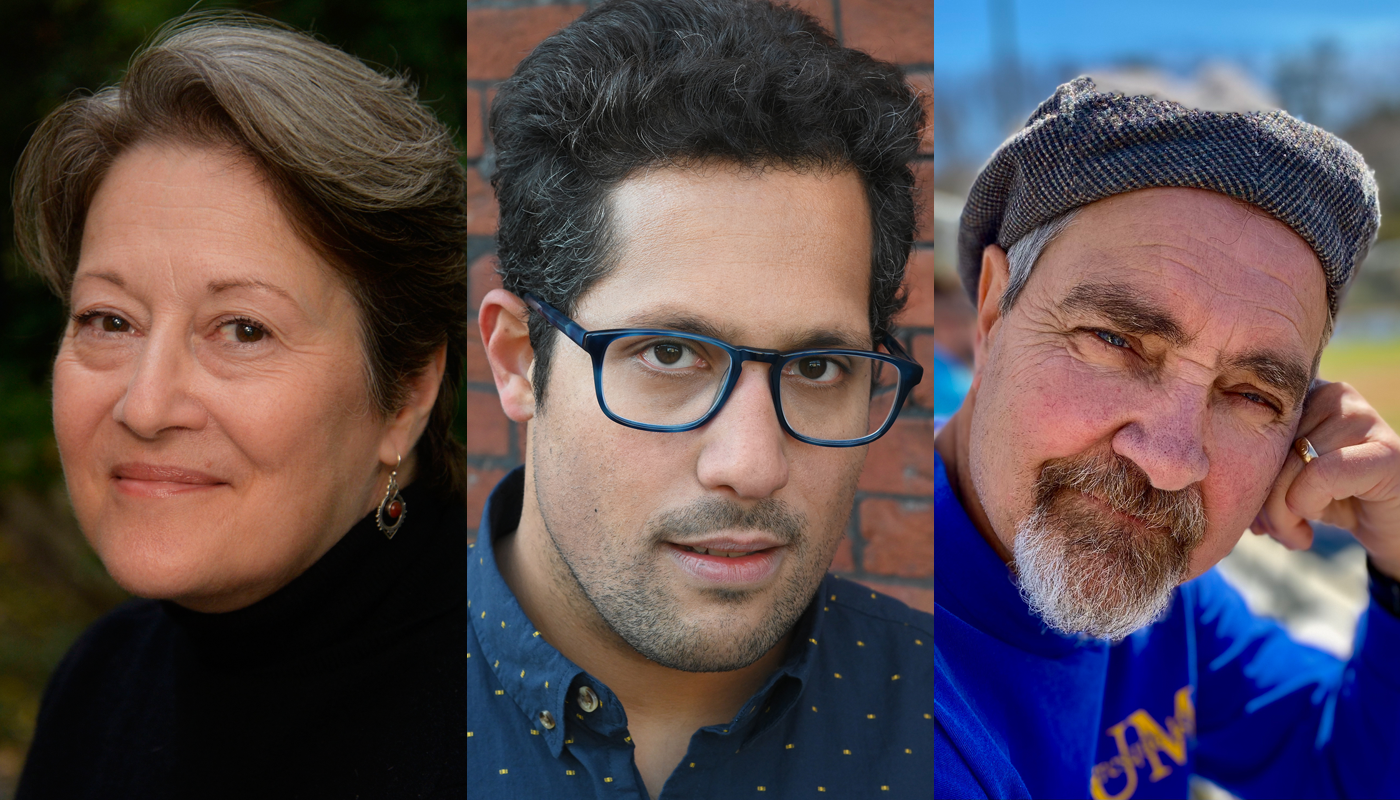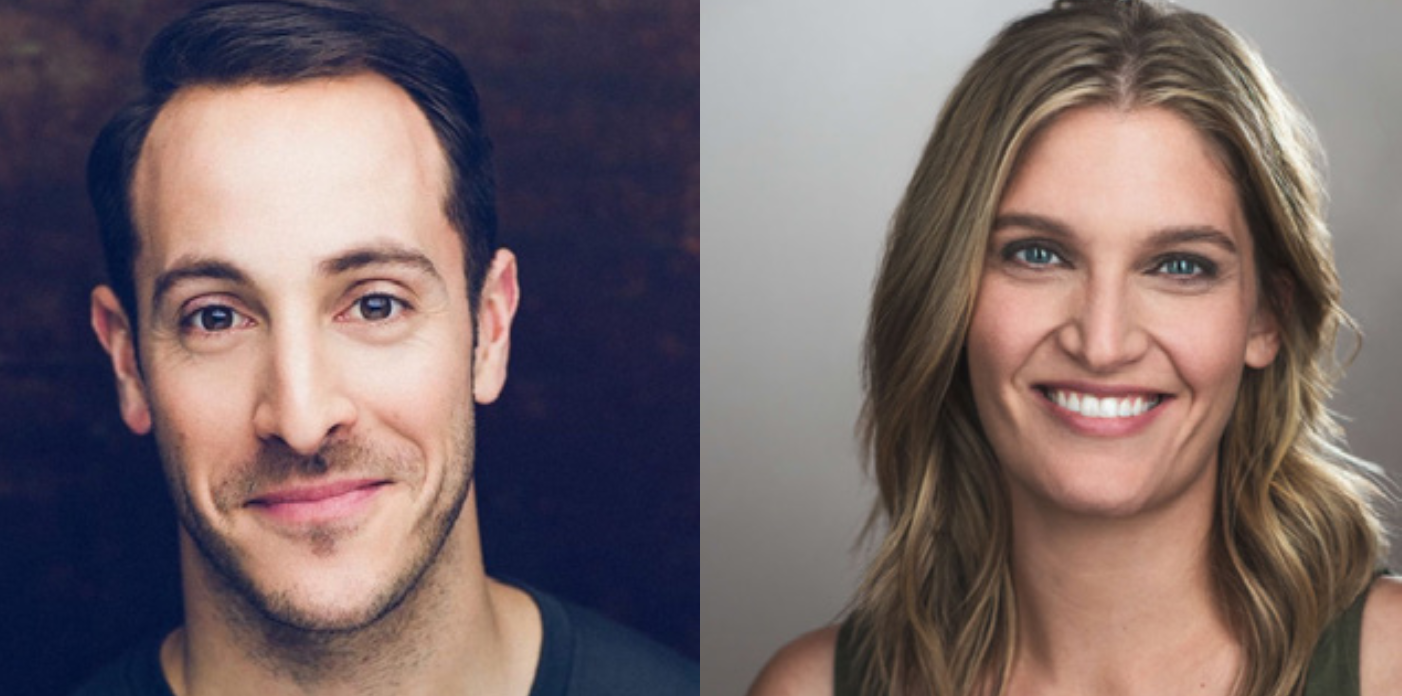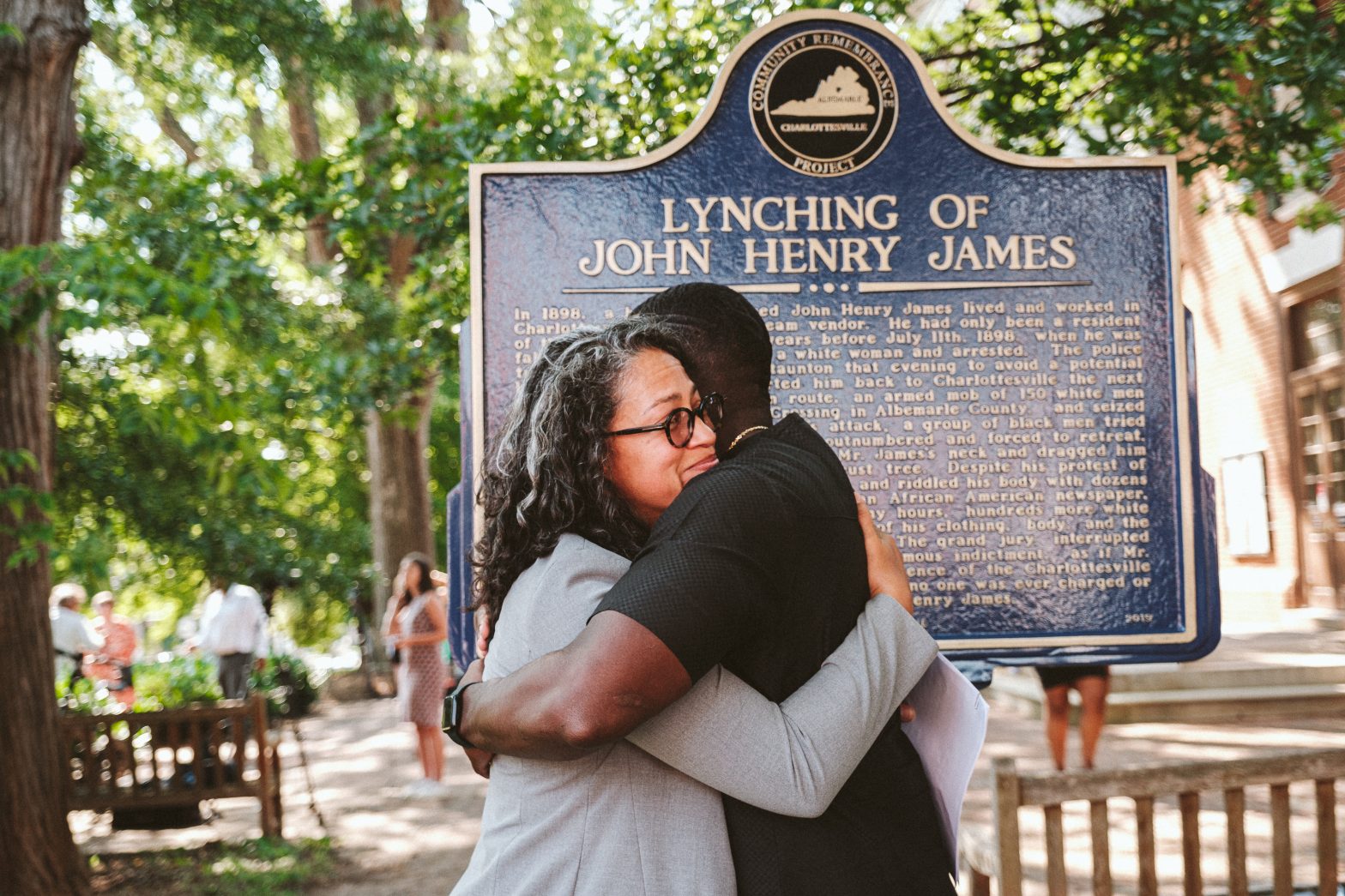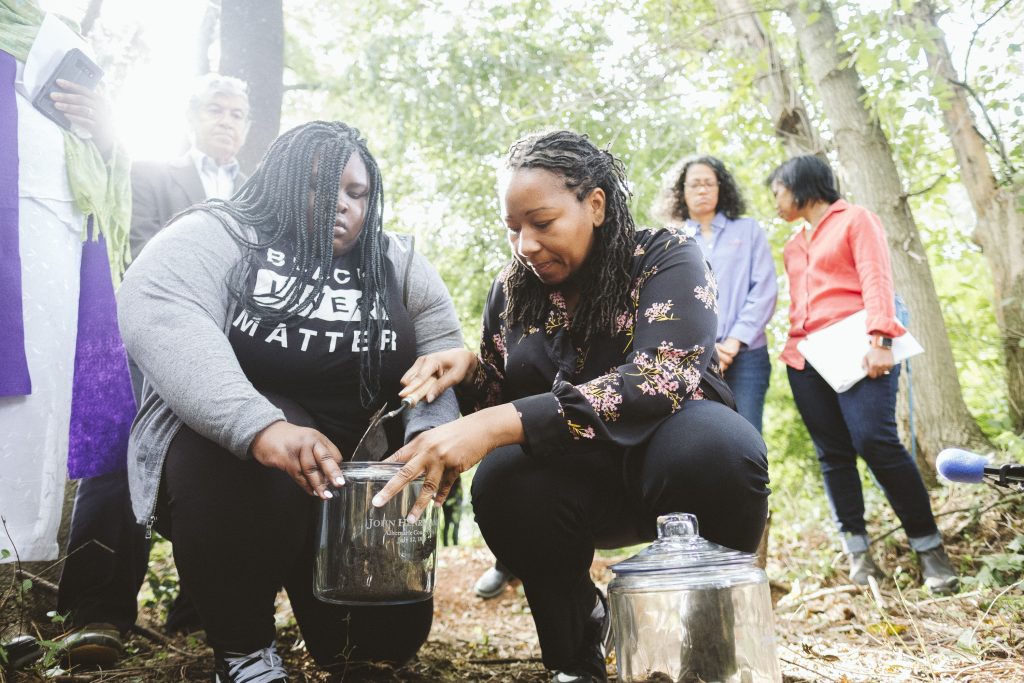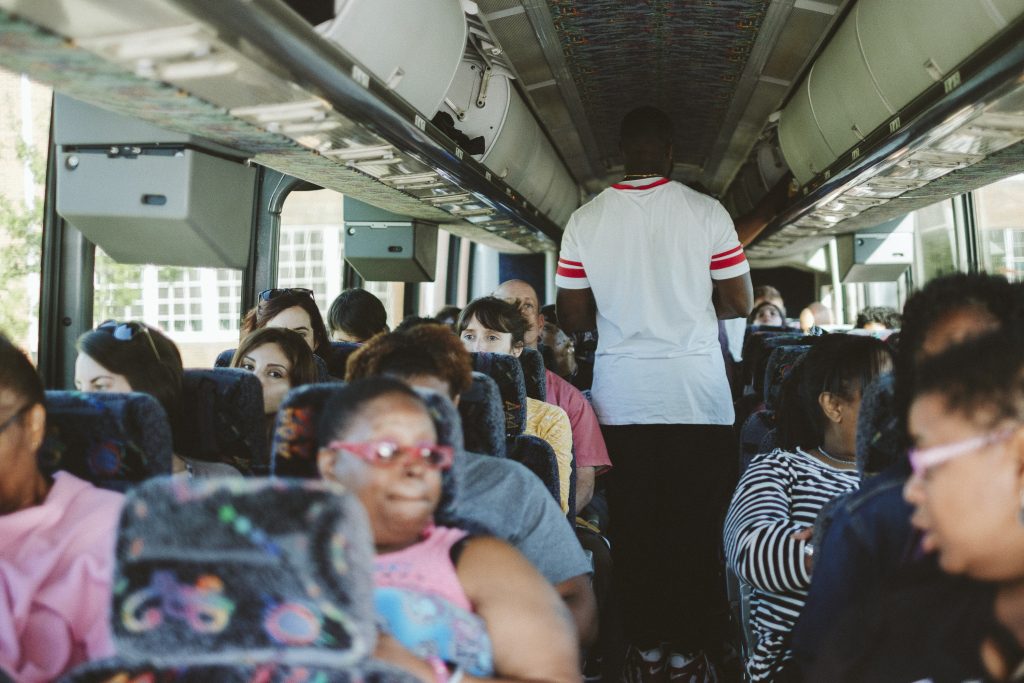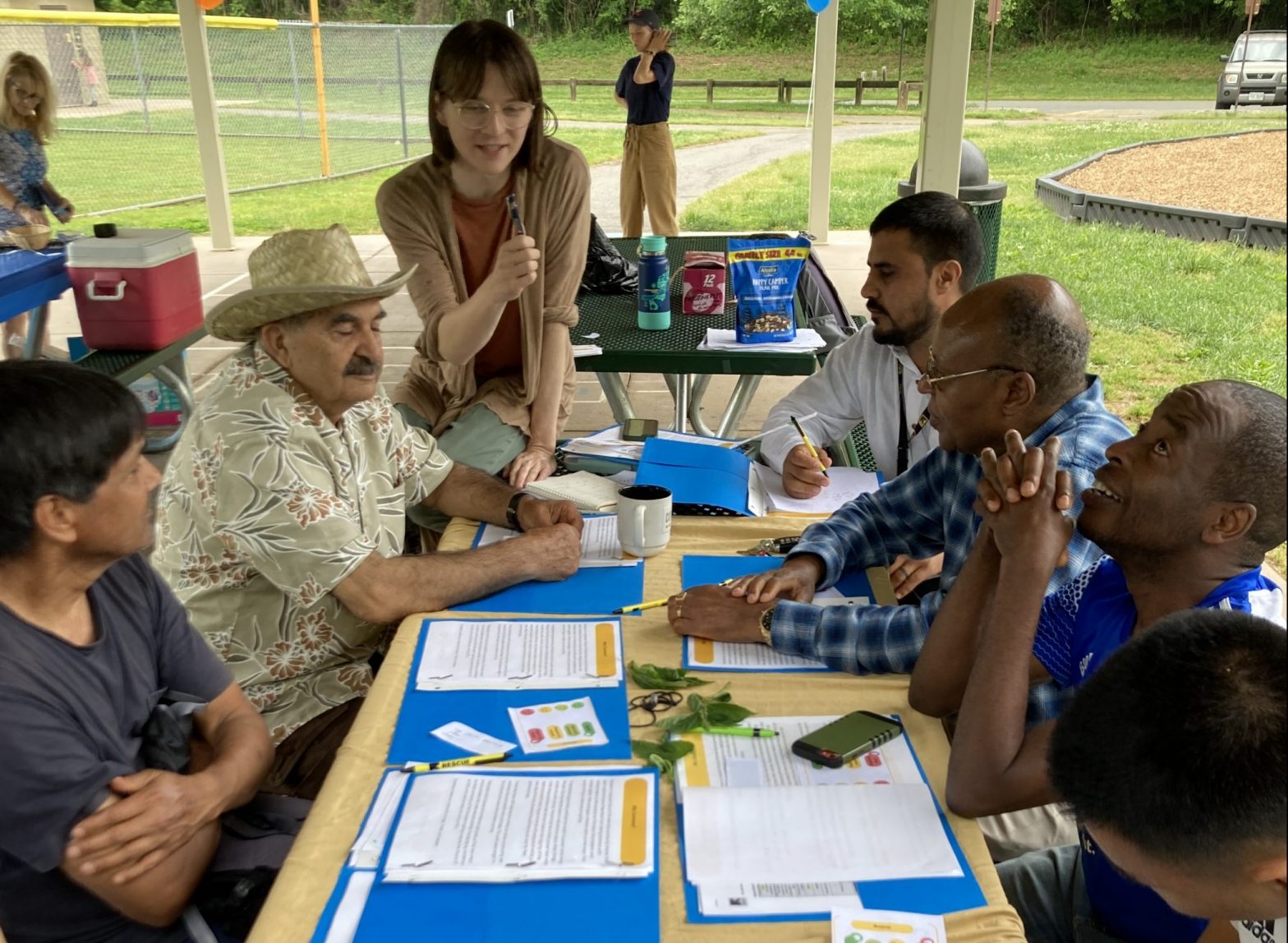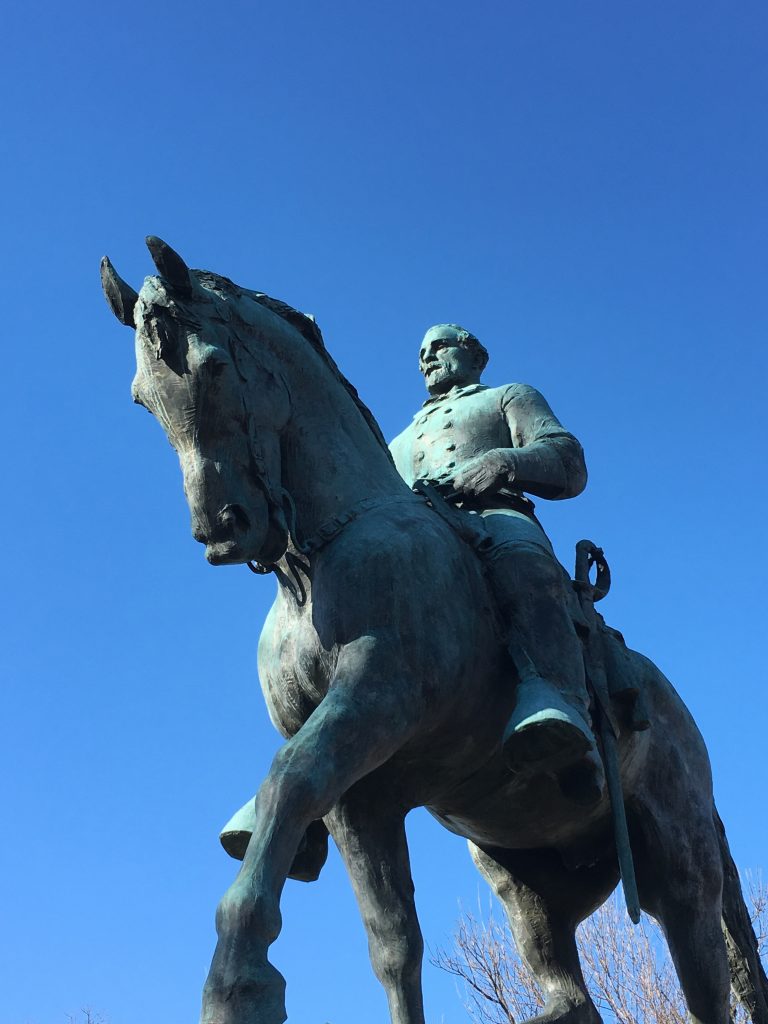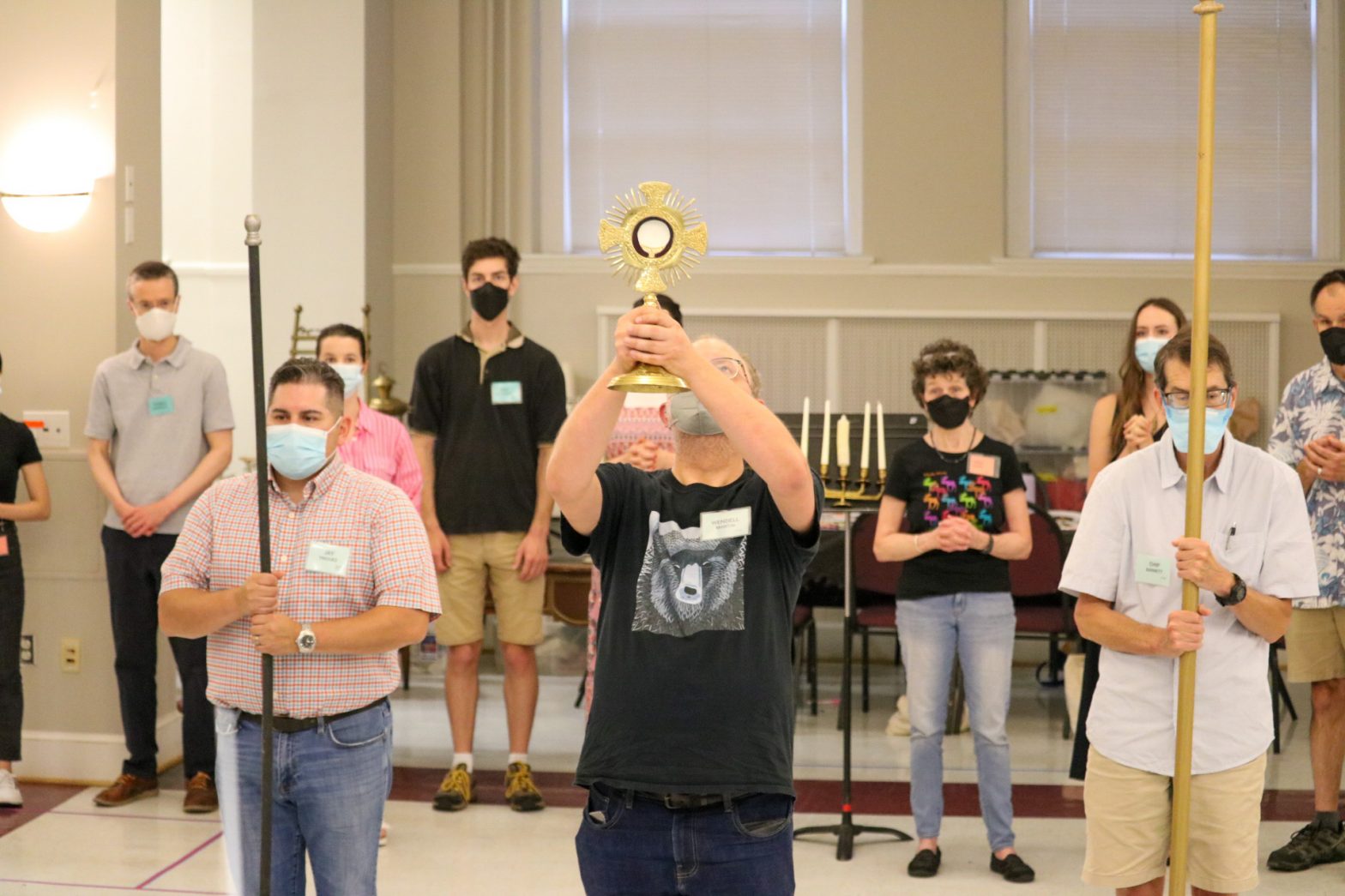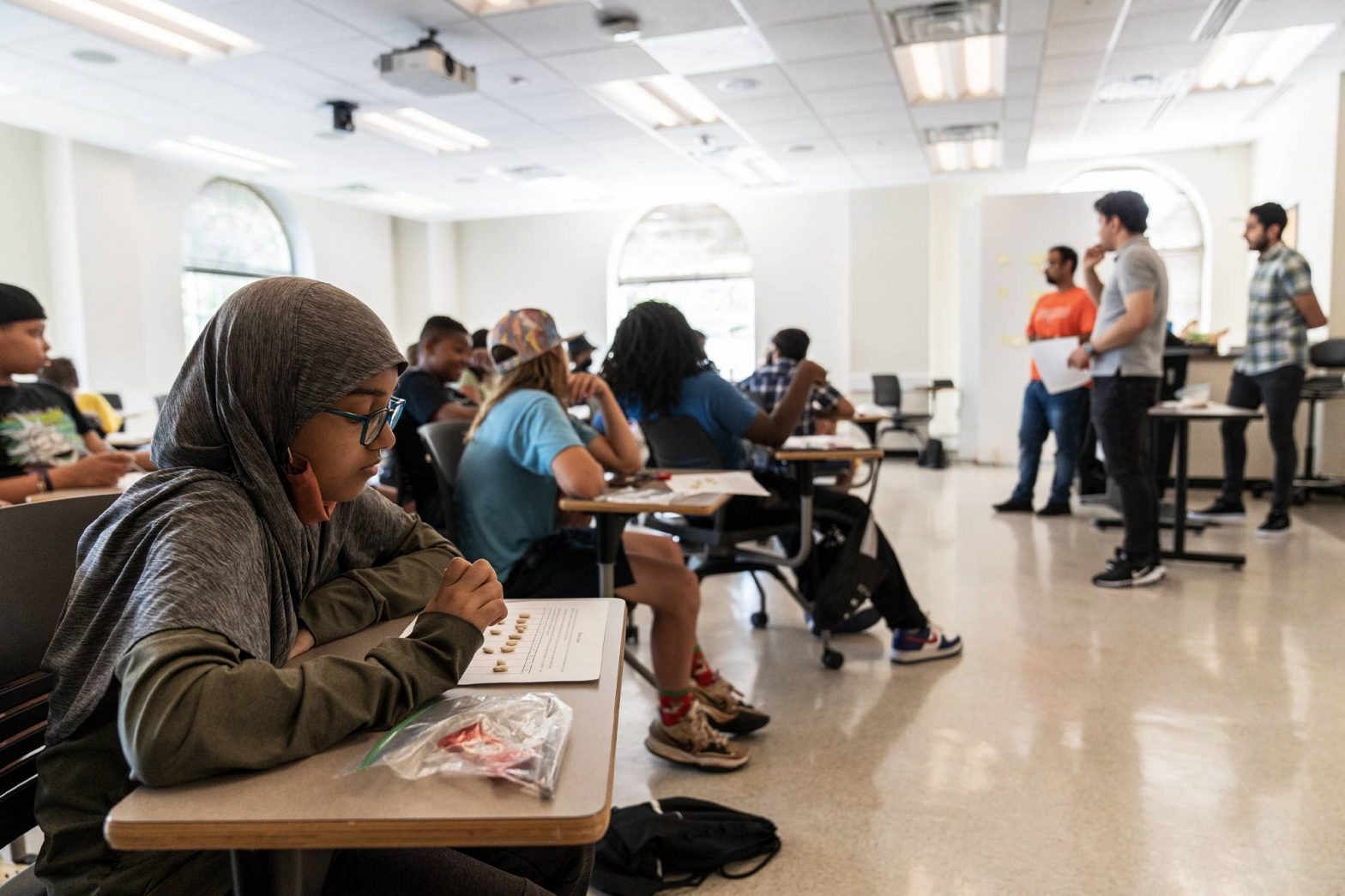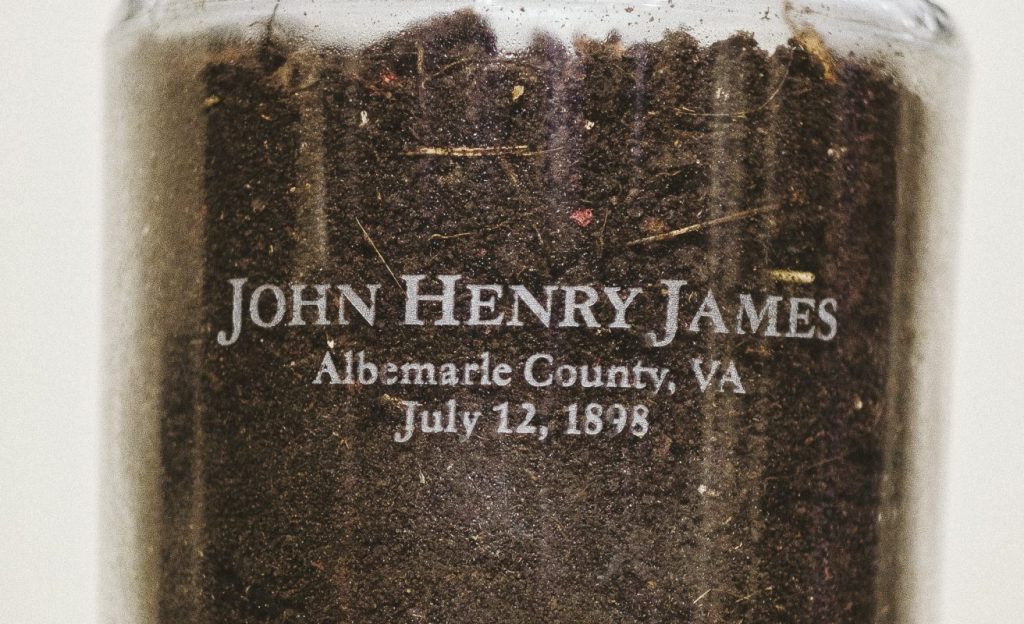“It is one thing to understand in theory that our healthcare system is broken … and an entirely different thing to have your hands in the leaky dam of that broken system every day,” writes Sarah DiGregorio, author of Taking Care: The Story of Nursing and Its Power to Change Our World.
Beginning with a historical overview of nursing from prehistoric times to present day, DiGregorio traces the power dynamics between nurses and other practitioners who work with the human body, from the barber-surgeons of the Middle Ages to modern physicians. She details the professionalization of medicine and what she calls the “slow-motion cleaving of the old world of passed-down, empirical expertise from a new world of stricter hierarchy.” DiGregorio also analyzes how health insurance has impacted the field significantly, hastening a decline in focus on the relationship between practitioner and patient in exchange for efficiency and profits.
Still, in examining the evolution of the field and the social politics surrounding nursing, the author showcases how these histories suggest an alternative human drive, that evolutionarily we might be just as motivated by the urge to care for others as we are by empire-building, domination, and survival of the fittest. Taking Care leans into this optimistic view of our species, profiling individual nurses who showcase some of the best of what it means to be human.
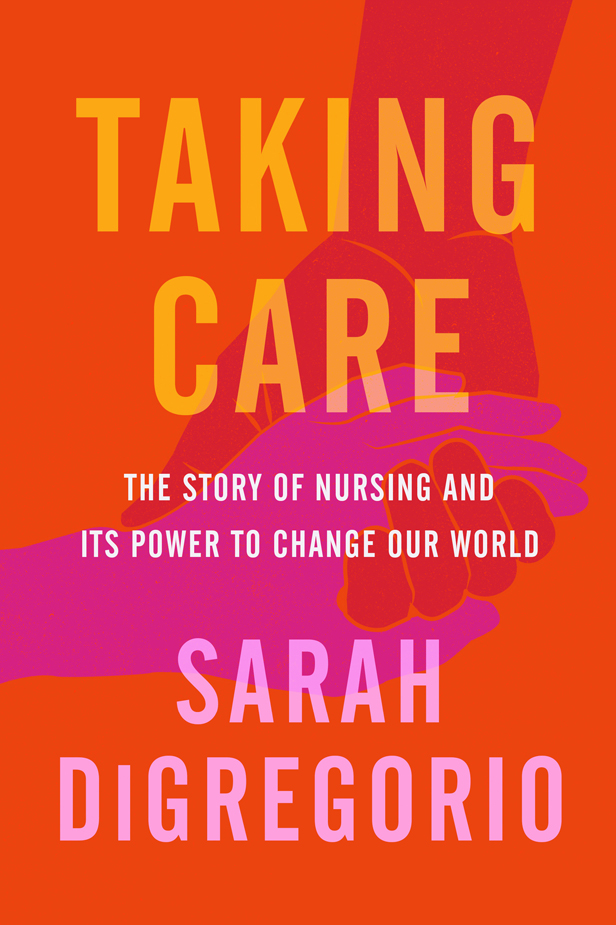
Two of the nurses included in the book are Mary Seacole, a lesser-known Black contemporary of Florence Nightingale, and Nancy Leftenant-Colon, one of the first Black nurses to serve in the U.S. Army Nurse Corps. DiGregorio also profiles Cliff Morrison, the nurse who started the first hospital ward for AIDS patients, which was “Born out of one nurse’s realization that AIDS patients needed end-of-life care they weren’t getting, mainly because of the homophobic stigma and panic around AIDS at the time.” DiGregorio shares how Morrison responded to this need by treating his patients as human beings worthy of respect and care.
L. Synn Stern, a nurse who operates a clinic at an overdose prevention center, does work that exists at the intersection of substance use, homelessness and economic justice, climate change and environmental justice, structural racism, and American politics. As DiGregorio notes, “Much of nursing’s power lies in the one-on-one relationship with a patient, but many of the root causes of illnesses are bigger social problems that can’t be solved individually.”
It is clear that DiGregorio sought to make something more than the literary equivalent of the applause offered nurses during the early COVID-19 pandemic. Taking Care is an in-depth examination of the field of nursing, and works to deconstruct the misogyny and false binaries of gender roles and physician-nurse hierarchies while also looking at the challenges within types of nursing, including military, hospice, and reproductive care as well as public health and environmental justice, among others.
And that nightly clapping for COVID-19 nurses? DiGregorio recounts: “Nurses I spoke to recognized that all the hero talk came from a good place, but they also found it wearying. It indicated that the public didn’t really understand the work they did—didn’t really understand it as skilled work, not an immutable identity.” She adds, “We called them our heroes—and we meant it. But this wasn’t really what they needed.”
In considering what it is that nurses do need, DiGregorio notes, “The big-picture problem is not a lack of nurses, but nurse turnover. … Nurses often suffer what is called a moral injury—when they have more patients than they can safely care for, and when they are forced to participate in a situation that goes against their deepest sense of what is right. This can be so excruciating that it causes them to quit the profession.” She highlights labor unions, like the California Nurses Association, as one strategy to combat the working conditions that undermine nurses in this way.
Despite the diverse challenges, DiGregorio makes the case that nurses are uniquely situated to connect with people and offer intersectional care. “I spoke to nurses who practice in thoughtful, innovative ways that respond to the innate right of every person and community to be valued and cared for,” she says. “The work they do is quieter than the cacophony, but it is powerful, and it is old. If there is a human instinct to tear apart, to hurt and destroy, there is also a human instinct to mend, to care, to reach out.”
More than that, DiGregorio suggests that nurses are also distinctive in their ability to offer hope. “Imagine a world in which the conditions necessary for health are enjoyed by all,” she says. “Nurses have a unique ability to bring such a world to fruition, if they choose it. The rest of us can help.”
